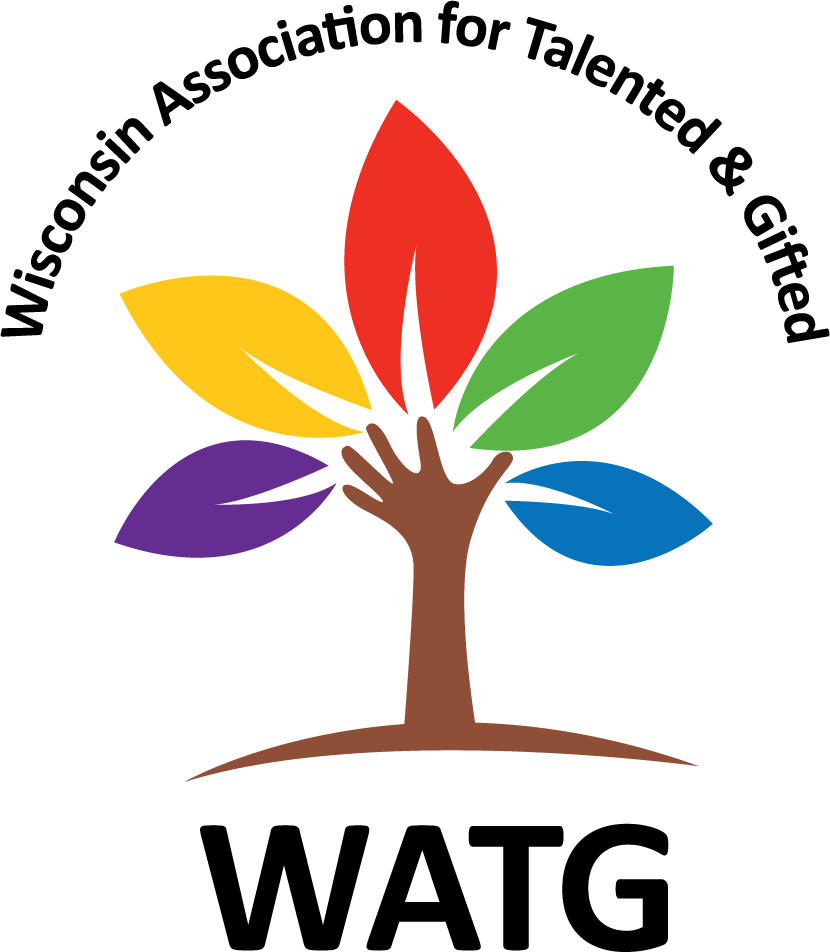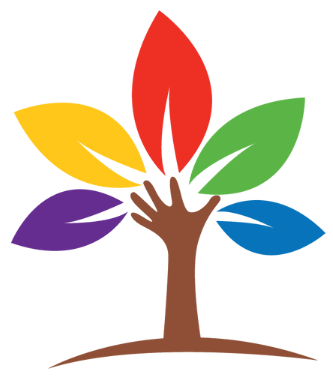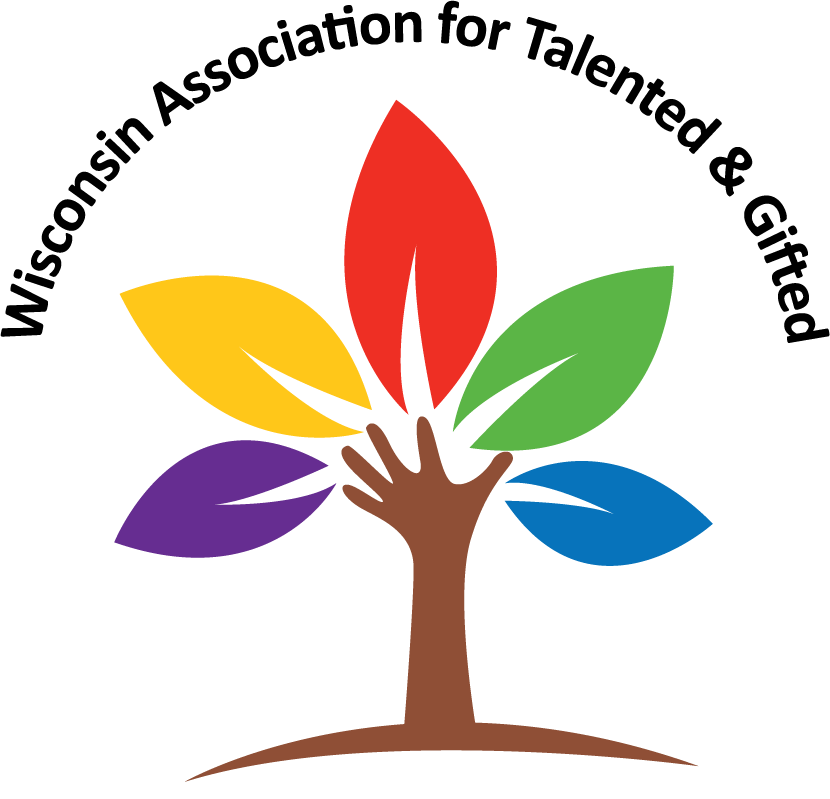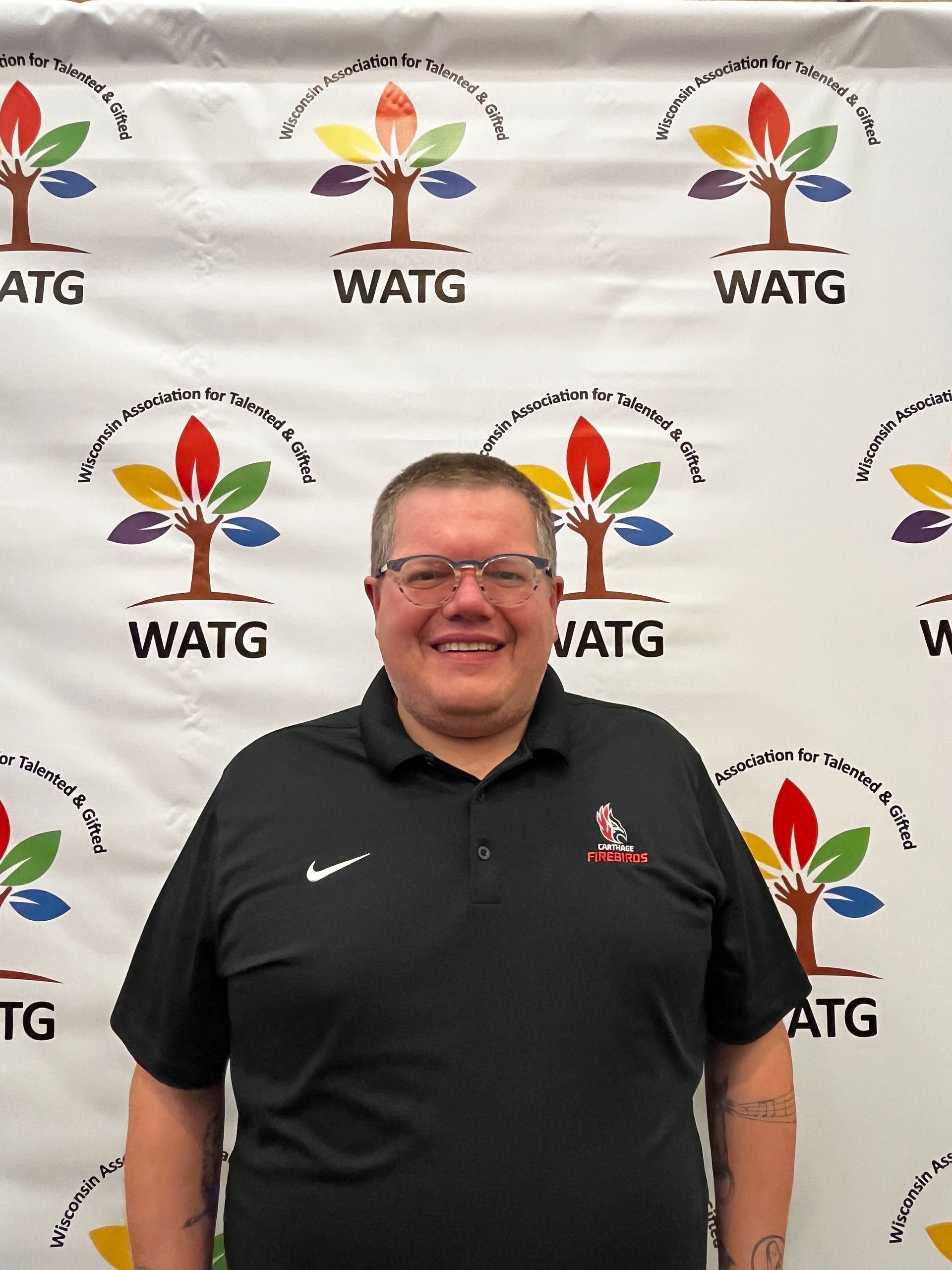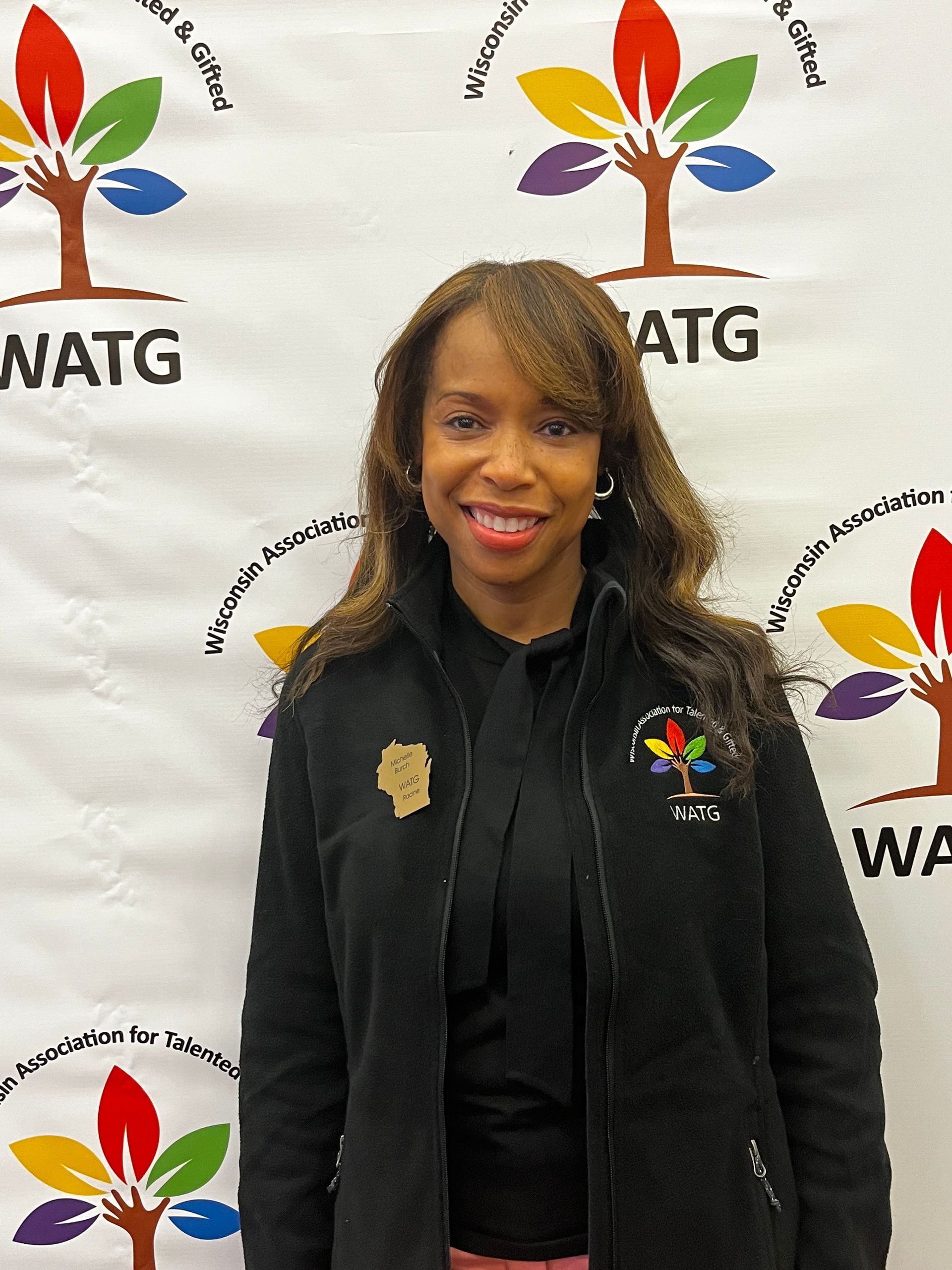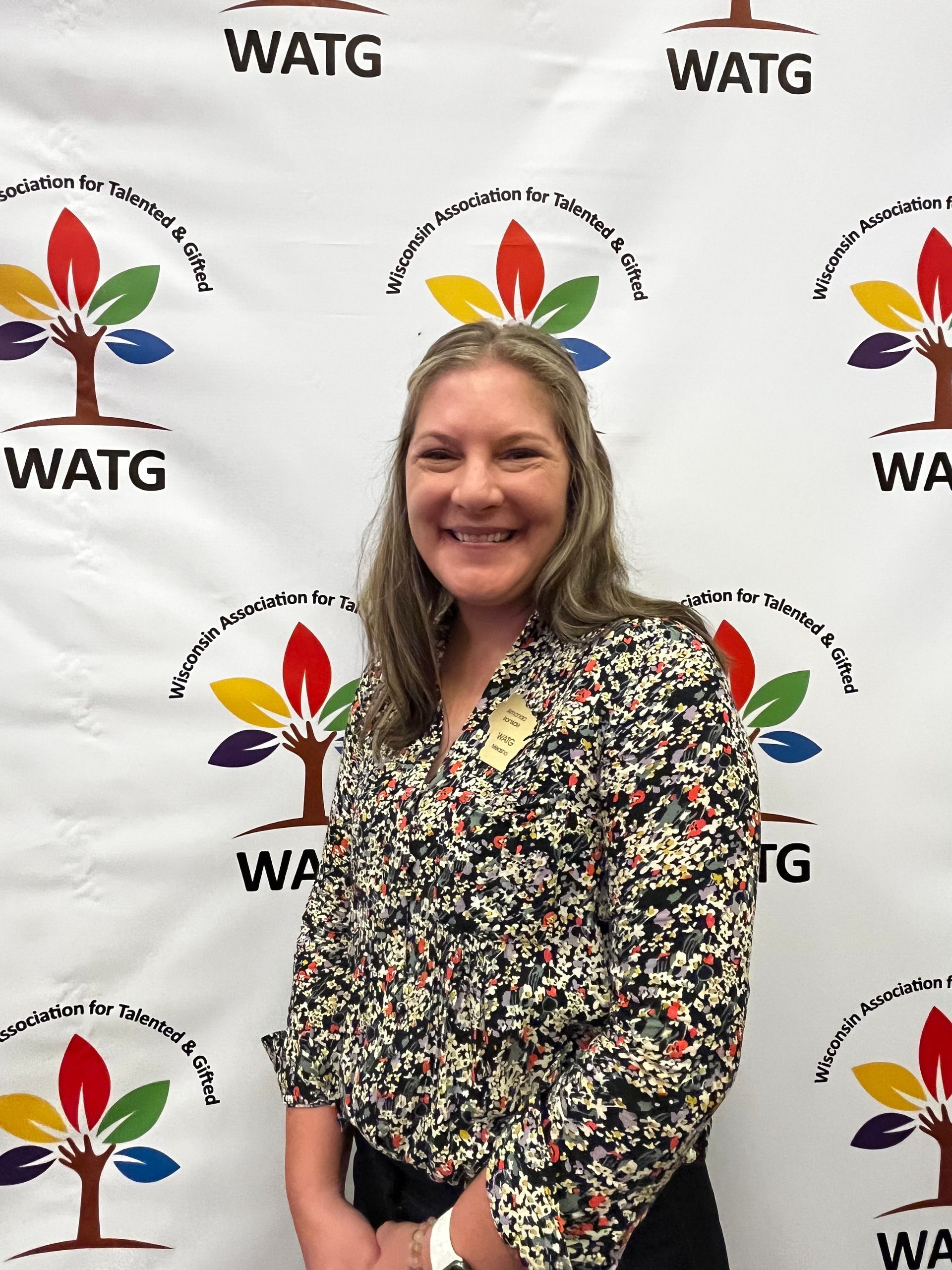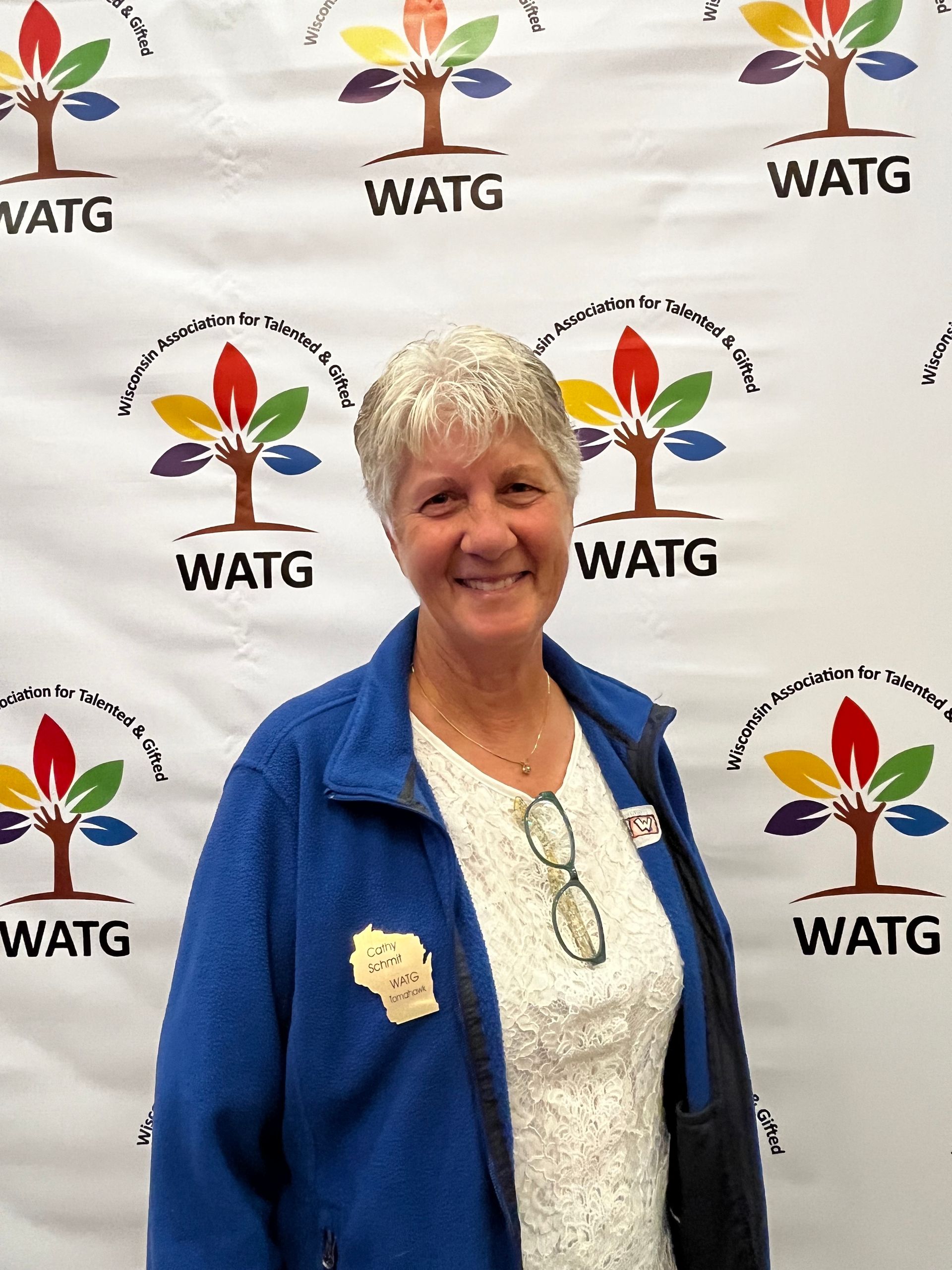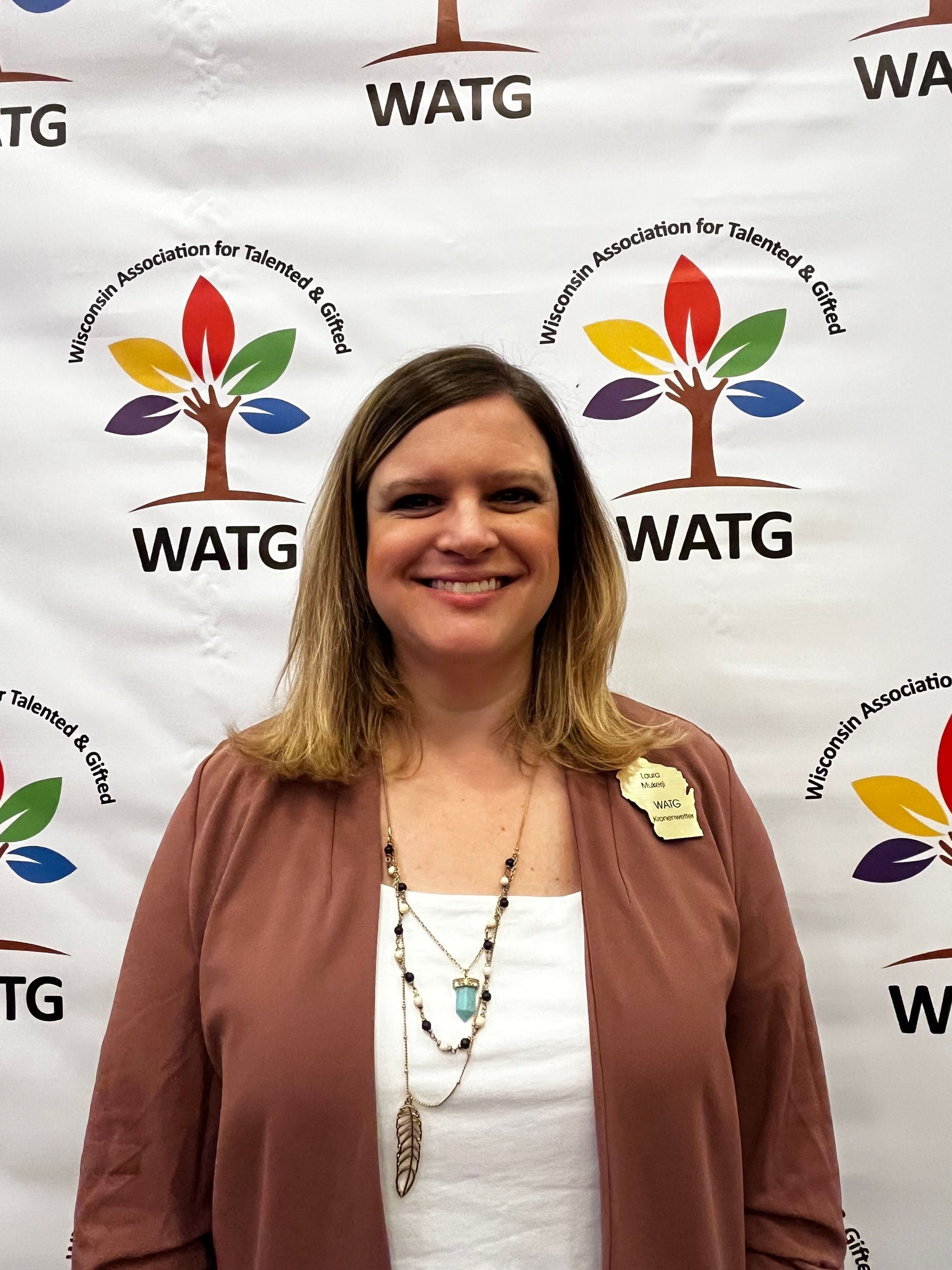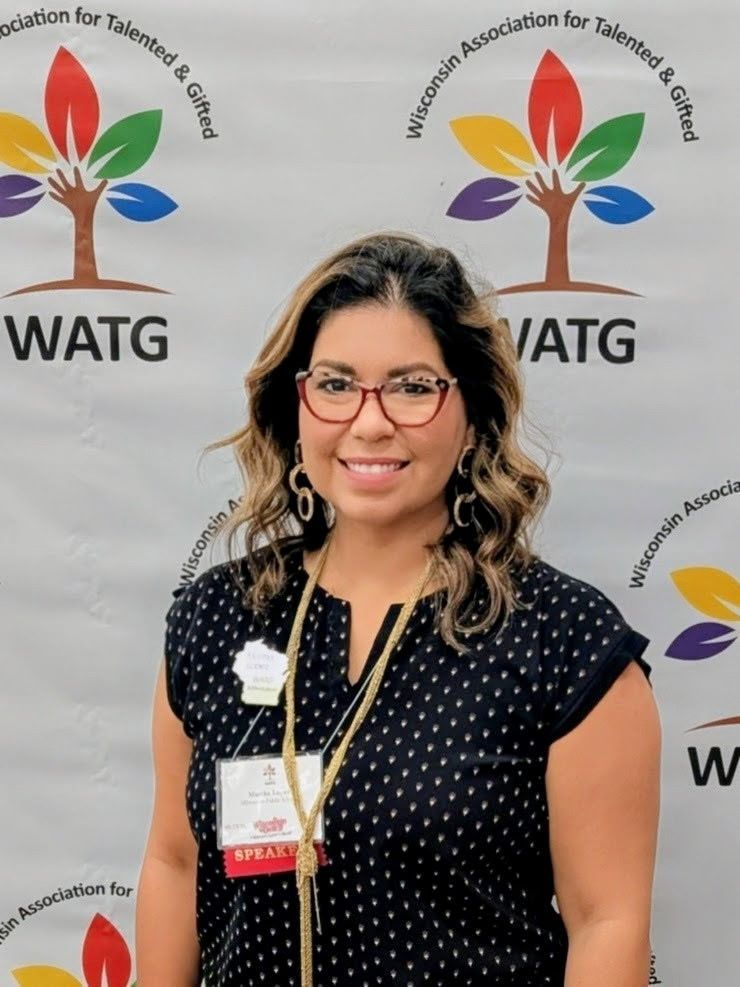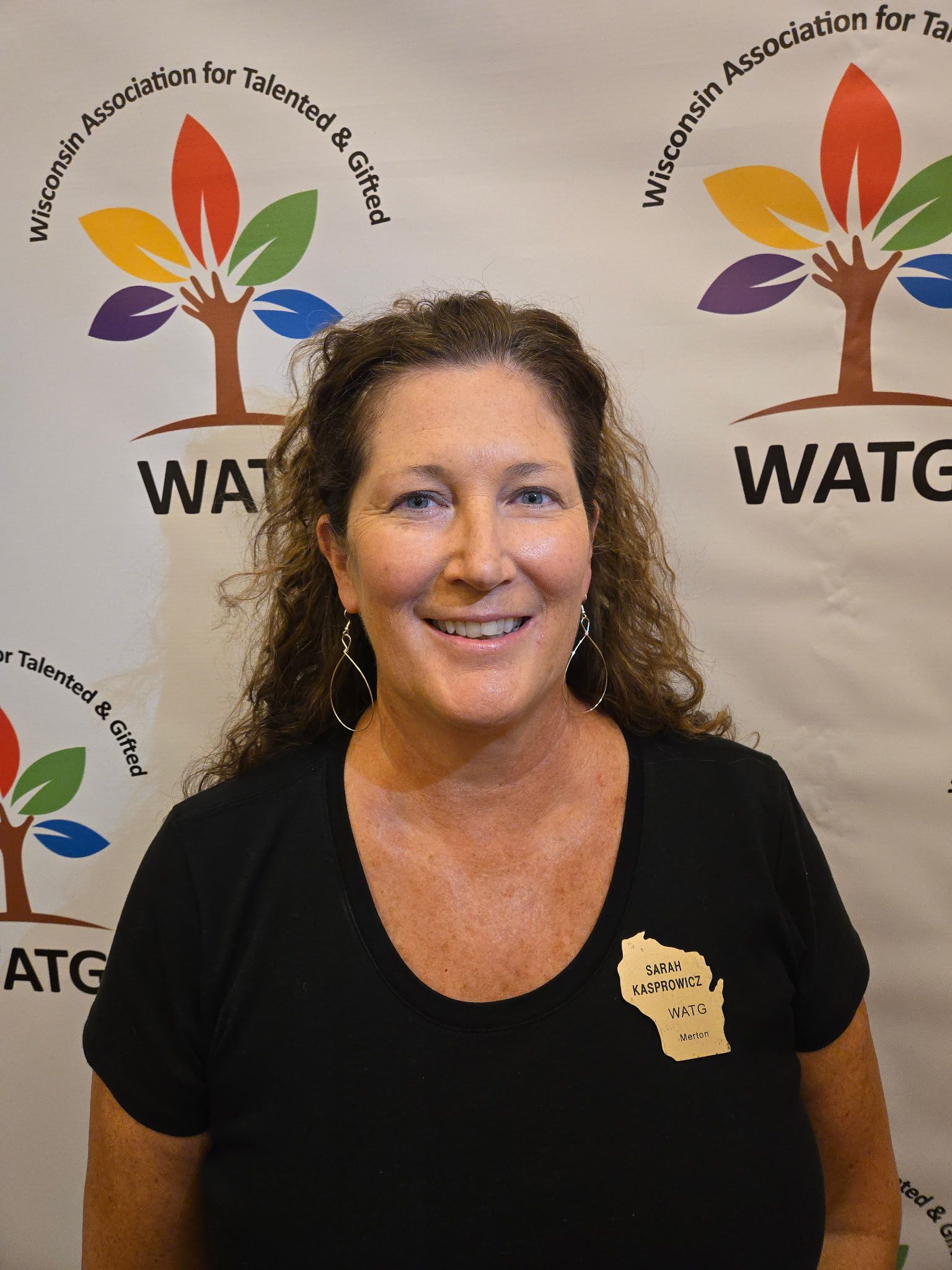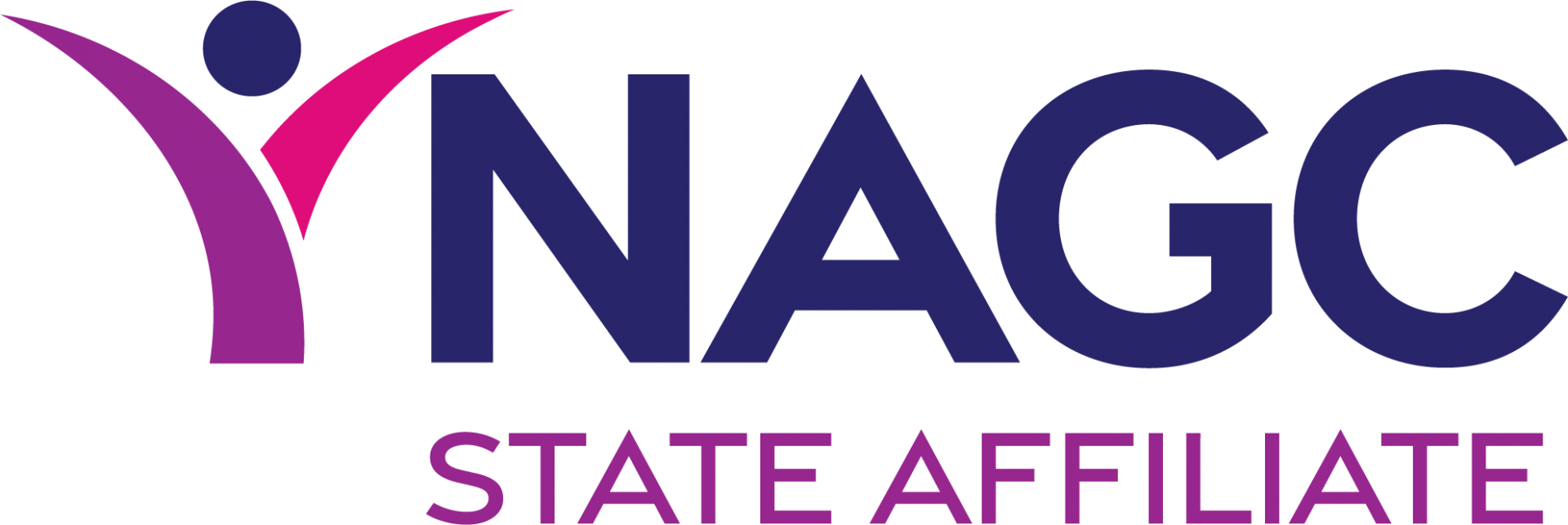"Questioning is the Door of Knowledge"
I have been studying intelligence for many years. To me, asking questions is the most obvious indication of intelligence in modern times. Consider artificial intelligence tools; nobody can compete against them. They can answer any question right away, but they cannot ask questions.
Asking questions is the highest level of thinking. If you recall Bloom’s Taxonomy, the highest level of the taxonomy (in its most current revision) is creating. Formulating questions is a form of creating, as you must generate questions based on your knowledge, understanding, application, and evaluation. To ask a question, you need to know something about the topic, and then you must understand enough to realize the missing part/s of your understanding. The next step is to delve into the analysis of what you just learned and what you already know. The last step is to create a question to complete your understanding.
Asking good questions is not easy. It proves how well you know the topic. Even simple questions are powerful because they beg for reflection. I do not believe there are any “dumb” questions. If people have the courage to ask “dumb” questions, that must be evidence of their eagerness to learn more.
In this era of technology, I believe we need to encourage our students to ask questions, not just to know the answers. Although there are technology tools like Google or ChatGPT that can answer any questions, using them for your benefit requires knowing how to ask proper questions. Some would argue that ChatGPT might also generate questions. That’s true, but you still need to formulate and ask
proper and incisive questions to get some helpful questions from ChatGPT.
As an Irish proverb says, “Questioning is the door of knowledge.” Once we question, the learning begins anew.
As you may know, children ask more questions than adults. Do you know why? Children need to learn more and they are not afraid to look foolish or uninformed. Adults need to take some lessons from children; for example when you are asked, you do not need to know the answers. The desire that comes with asking questions pushes humans to learn more, to expand their knowledge base, and this is true for both the questioner and the answerer. Therefore, do not worry if you do not know the answers to questions. Just say, “That’s a good question. I don’t know the answer. Let’s look it up together.” This celebration of questioning is what our students and children need from us as adults. When we model the beauty and the importance of questioning, and the desire to search for answers, we magnify the chances that it will continue. And with more questioning comes more knowledge, a win-win situation for all!
By Dr. Uzeyir Ogurlu, WATG Board Member
